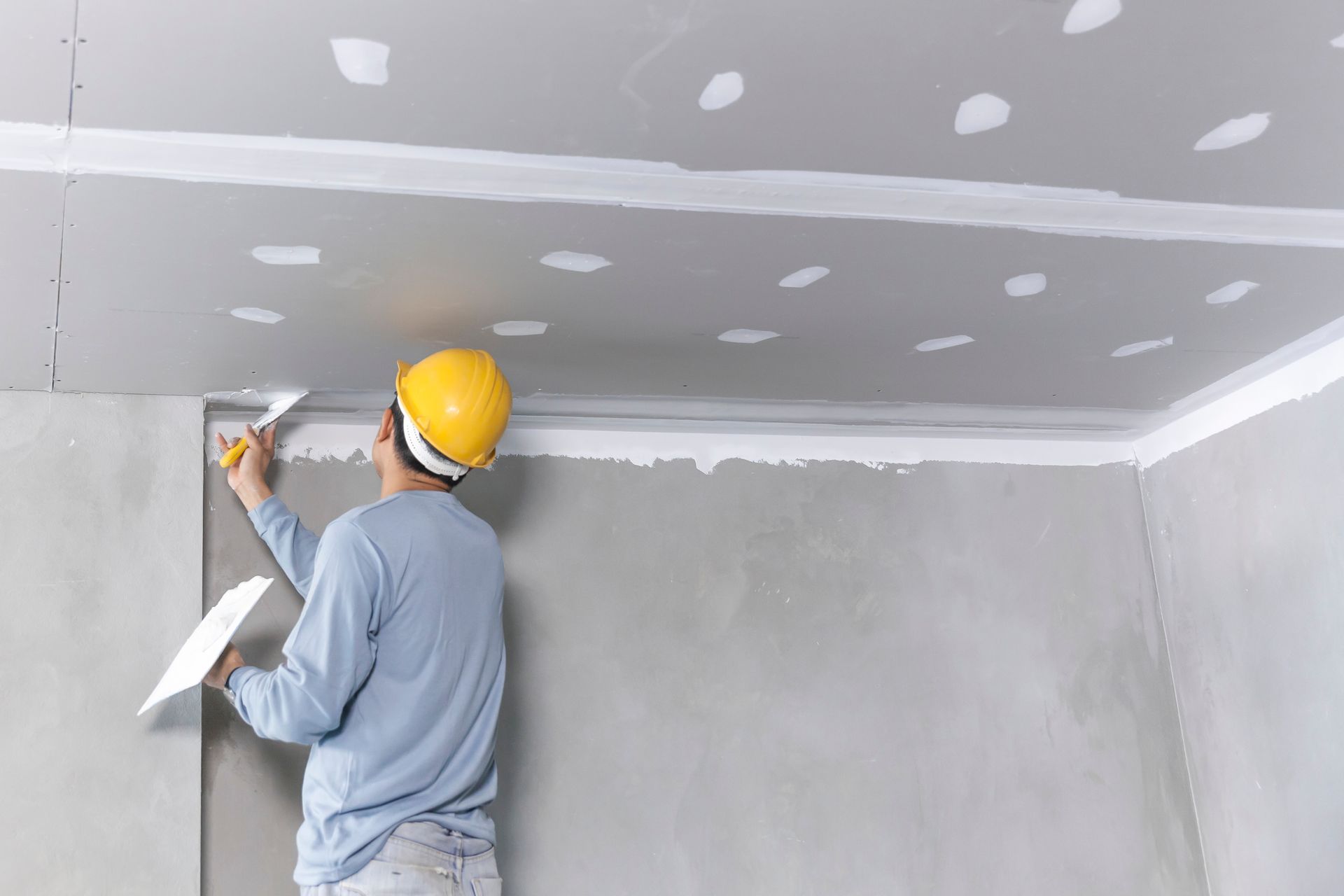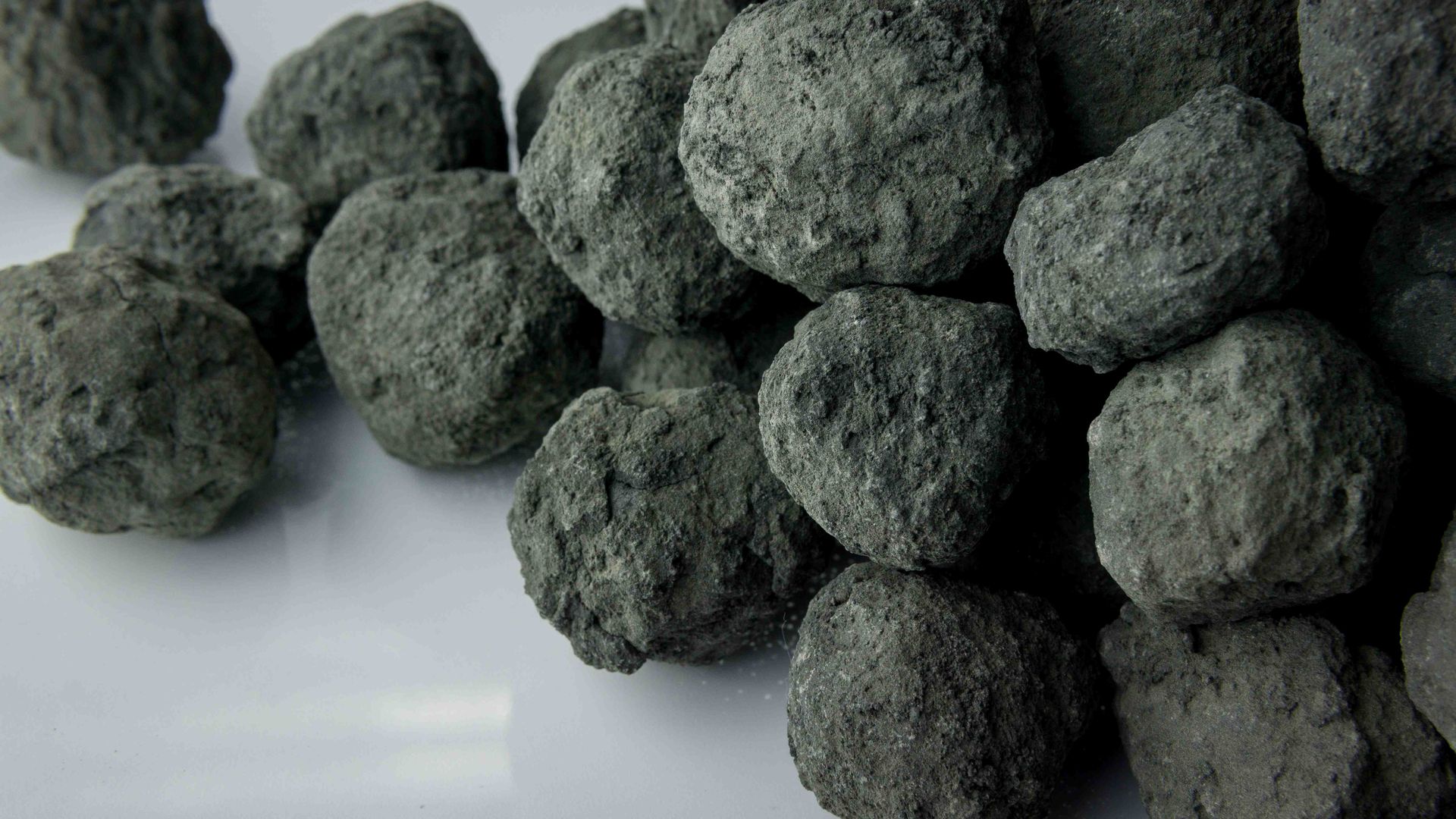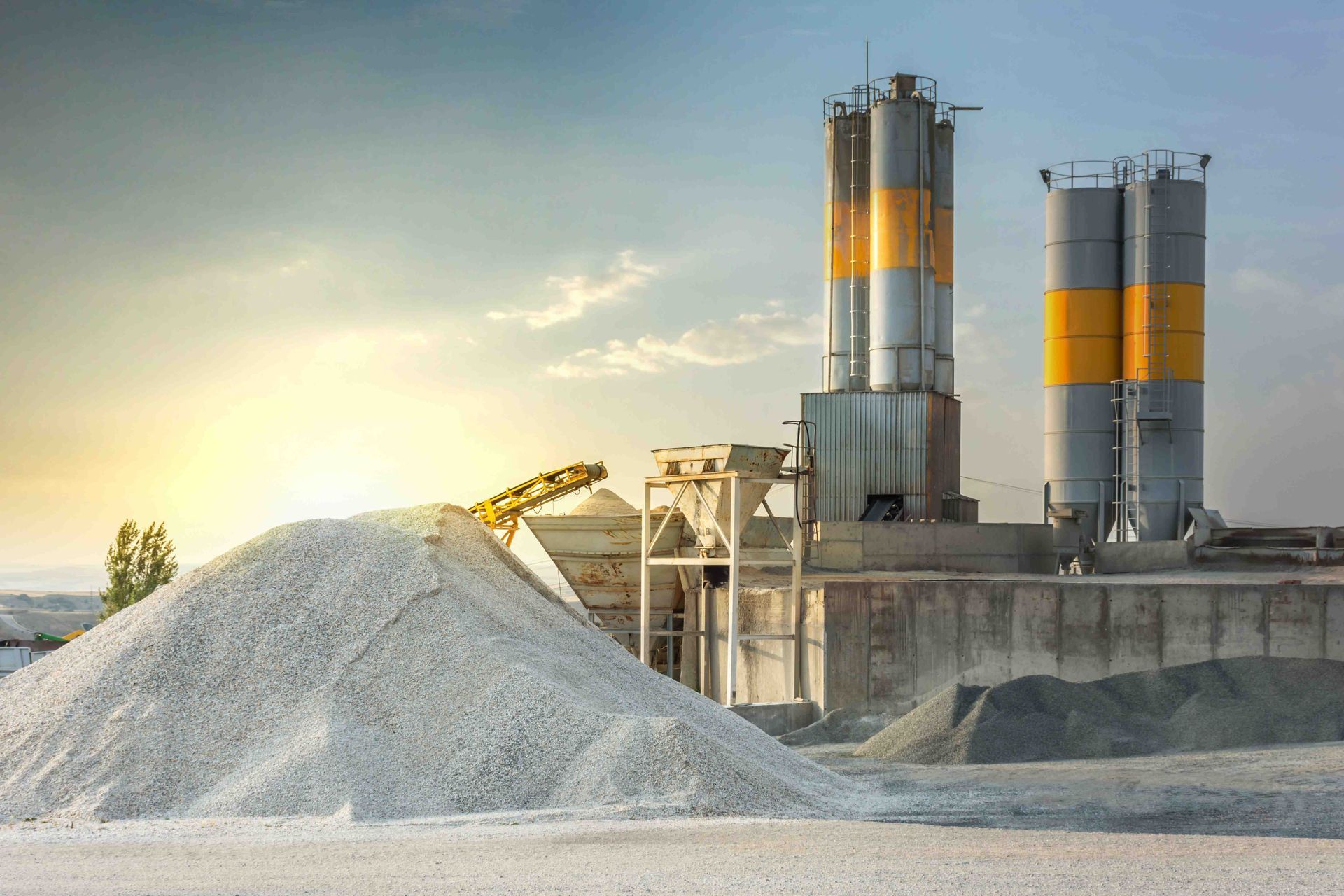Gypsum Buying Guide: 8 Factors To Consider Before Purchase

Gypsum is considered to be one of the most crucial components of any construction or home improvement project. It’s a versatile mineral that can be used in various forms. This includes but is not limited to gypsum boards, plaster, and other applications.
DIY enthusiasts and professional contractors alike use it for any possible project. This gypsum buying guide will cover eight factors that you need to consider prior to making a purchase. The purchasing process can be a challenge - but this buyer’s guide can make things easier.
Let’s take a look now at the following considerations down below.
1. The types of gypsum products
The first step is to understand the different types of gypsum that are available. There are two major types: natural gypsum and synthetic gypsum. Let’s take a quick look at how they differ:
- Natural Gypsum: This type is mined from natural deposits. If you are producing gypsum boards or plasters, this will be a type to choose. It is known for its purity and is always the best choice for applications where you hold quality to a high standard.
- Synthetic Gypsum: This type is also known as flue gas desulfurization (FGD) gypsum. Synthetic gypsum is a byproduct of several different industrial processes. It is typically used in the energy and manufacturing sectors. This is considered to be the best choice for those looking for an environmentally friendly alternative to natural gypsum.
Now that you know the difference between the two types, we’ll discuss other factors that play a role in your purchasing decision. Let’s continue on now.
2. Gypsum board specifications
When buying gypsum boards, you’ll want to be aware of any specifications that will determine your project’s suitability. These include but are not limited to the following:
- Size: Standard gypsum boards are measured 4 feet by 8 feet or 4 feet by 12 feet. However, you can order specialty sizes as well. You can choose a size that best fits your project requirements.
- Thickness: Boards come in various thicknesses ranging from ¼ to ⅝. Thicker boards are excellent for sound insulation and fire resistance.
- Edge type: Gypsum boards come with different edge types such as square, tapered, and beveled. Choosing the right edge will play a role in the appearance and the joint finishing.
- Fire resistance: If you are planning on constructing fire-resistant walls or ceilings, you want gypsum boards that have fire-resistant properties. Depending on the thickness and other factors, these boards can resist fire anywhere from 30 to 90 minutes.
3. Moisture Resistance
Moisture resistance is critical because of the possibility of water damage. If you are constructing a project in an area where high humidity and moisture exposure is likely, you want to take this factor seriously. You want to pay attention to the following:
MR:
Moisture Resistant
MMR: Moisture and Mold Resistant
As you can see, the two terms are self explanatory when it comes to your needs and preferences. If your project is in a specific room like a kitchen, bathroom, or basement, it may be a good idea to consider gypsum that will be able to not only resist moisture, but also mold.
Mold itself can cause health hazards. Not only that, it can also lead to further structural damage. Such damage can cost you upwards of thousands of dollars in abatement. Choose the kind of moisture resistance wisely before going forward.
4. Environmental Considerations
Eco-consciousness is always a good idea for those who practice it. If you are someone that does this, it’s clear that synthetic gypsum will be your best option. These types of products are manufactured using sustainable practices. They may also be LEED certified.
Be sure to check for these credentials while you’re looking for gypsum to buy. Natural gypsum may not be as environmentally friendly, so it won’t be the best choice on your radar.
5. Installation and Ease of Use
Ease of installation is always something to consider for DIYers. Gypsum boards are the best option, saving you time and effort in the process. Other products come with certain features like pre-marked lines - reducing the chances of error while you construct your project.
6. Price and Budget
It’s clear that price and budget can be a deciding factor. However, it’s good to know which type of gypsum is the best option in terms of affordability. As you would expect, natural gypsum would be a more expensive option compared to its synthetic counterpart.
It’s important to consider your project’s budget and any constraints you might be dealing with regarding the materials and tools you choose.
7. Durability and Longevity
Durability and longevity should never be compromised. Especially when you are applying it to places where exposure to wear and tear is possible. Impact resistance, the ability to withstand loads, and the overall lifespan of the product must be considered.
There are gypsum products you should consider for its enhanced durability. They should only be installed in areas that get a heavy amount of traffic consistently.
8. Sound Insulation
If you have a project that calls for sound insulation, gypsum boards with acoustic properties will be the best option. They are designed to reduce sound transmission - making them perfect for walls and ceilings in areas where you need to control the noise. For example, if you are building a theater space or a recording studio room, it will be vital to consider such gypsum products.
PermuTrade is your gypsum expert
At PermuTrade, we believe that materials like gypsum are a worthy commodity. If you are planning on using it for construction purposes, you can use it for any project you desire. We will be able to help you find the right gypsum that will fit your budget, preferences, and needs.
We also work with other physical commodities as well. If you are interested in these for your construction project along with gypsum, we are interested in hearing from you.
For more information on gypsum and other physical commodities, contact
PermuTrade and we will be happy to help.
Disclaimer: The information on this website and blog is for general informational purposes only and is not professional advice. We make no guarantees of accuracy or completeness. We disclaim all liability for errors, omissions, or reliance on this content. Always consult a qualified professional for specific guidance.






